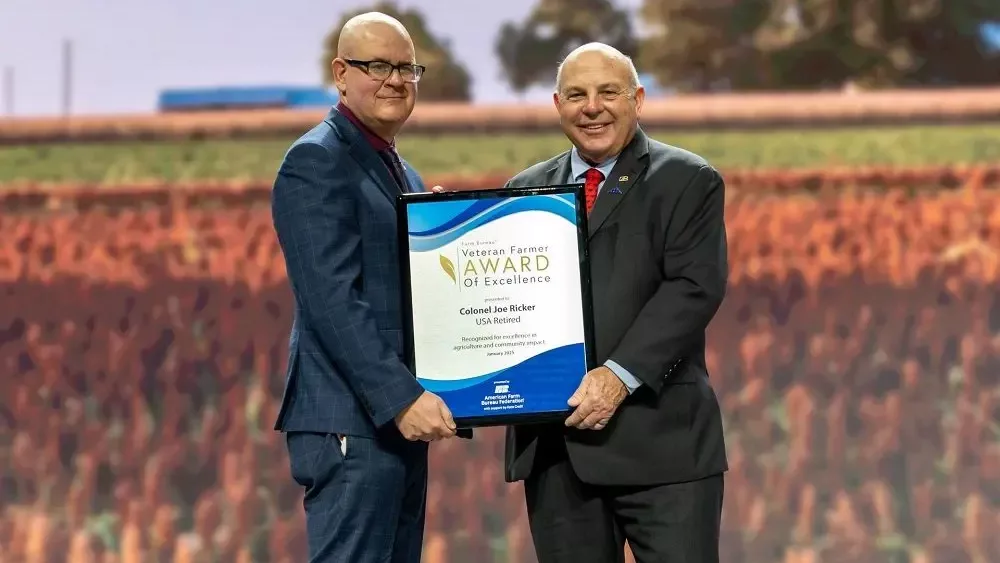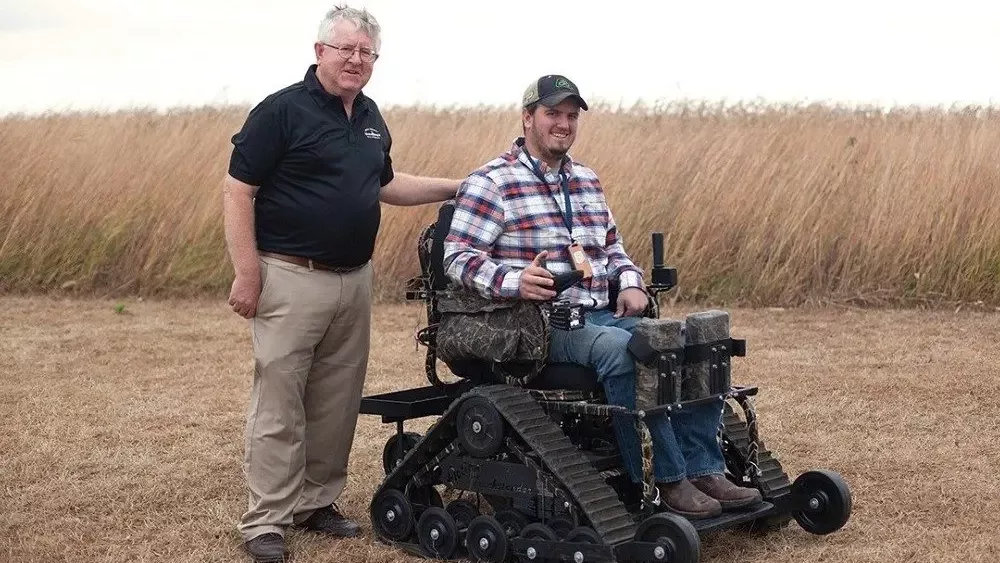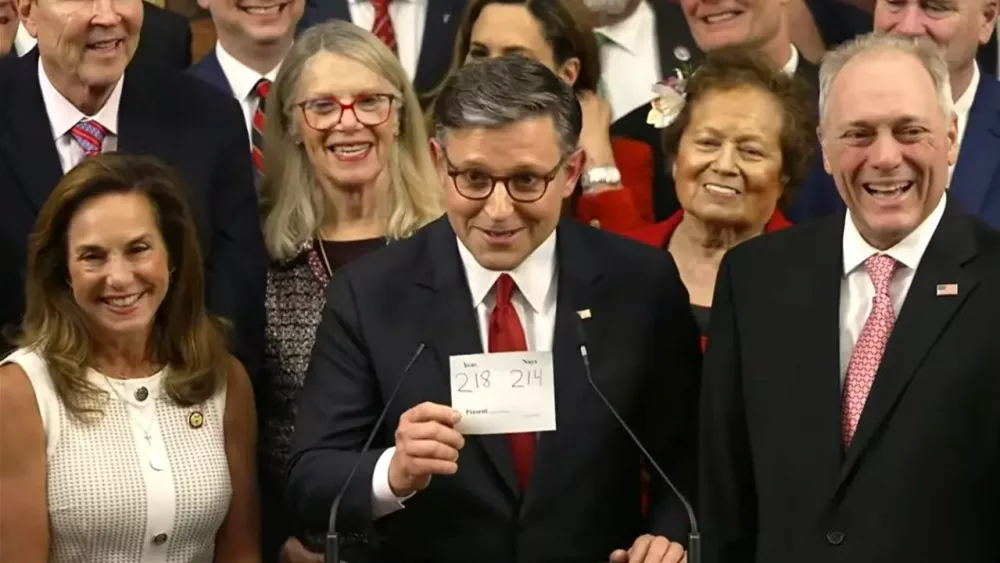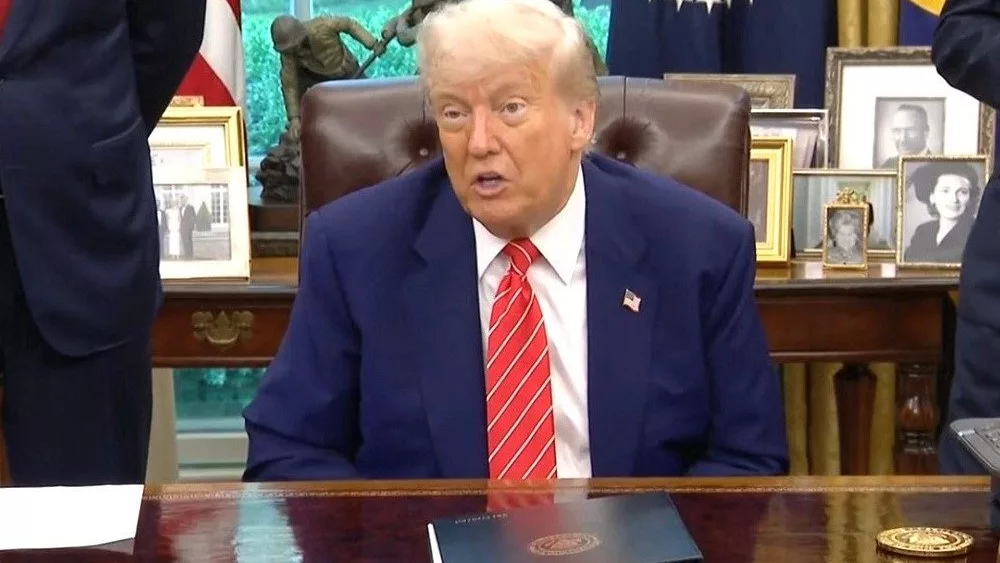
If you name it, Hampshire Farms in Kingston, Mich. has probably grown it. In its more than 100 years, the organic farm has grown everything from corn to wheat to edible beans to rye to vegetables.
Now that the 2018 Farm Bill decriminalized hemp production, hemp seemed to be a natural fit on Randy Hampshire’s centennial farm. Hampshire Farms is part of Star Farm Alliance.
He found books showing his ancestors planted and raised hemp in Tuscola County, but without much direction. Now Hampshire is taking part in the first hemp harvest since World War II.
“We are learning,” Hampshire said with a chuckle. “Everyday things change, and it’s nice to be able to make medicine for people.”

Since it’s his inaugural year growing hemp, Hampshire has been frustrated with the lack of standardization, and the implementation of the U.S. Domestic Hemp Production Program should help.
Hampshire is optimistic with what hemp could do for a farmer’s balance sheet, but also the soil.
“It’s all about knowledge,” he said. “There’s some smart people out there and we’ve got to get this figured out so we can turn a profit, and maybe this plant can help some farmers turn a profit. Then we can continue to put this in a rotation instead of just corn and soybeans. This may be a real beneficial plant for the soil.”
Michigan has been leading the charge with hemp production. Michigan’s hemp pilot program registered and licensed nearly 600 growers who planned to plant more than 32 thousand 600 acres. Hampshire credits the state government and the push from farmers.
“There’s money to be had,” said Hampshire. “The diversity of Michigan farmers, I think, is what drove this. There’s a lot of guys out here that grow a lot of different crops. It’s more than just corn and soybeans.”





